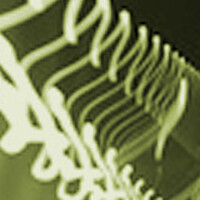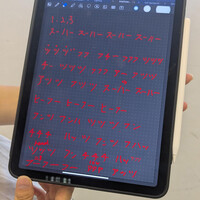When is it finished?
Blog post
These last days of rehearsal I observed the last tweaks that the choreographers were doing in the choreographic materials they arranged. Some of them were just running through the entire composition, some were adjusting particular scores and moments of the work, or making the last changes and additions to the material. The scholar, on the other hand, firming grounds to their thoughts and preparing for the symposium on the final day.
When does a process finish?
We all know ArtsCross is a space for investigating the process. We have been following the creative process of four choreographers that are bringing very diverse ways of generating movement, composing and articulating a dance performance, with a cohort of intercultural dancers. Scholars from a range of specialities and backgrounds observe and reflect. As this is a research process, it is difficult to know if what is going on in the studios is the usual way that the choreographers operate. Most likely not. The rehearsal rooms have been constantly disturbed by the coming and going of people, who sit on the corner for hours or only a few minutes, who also talk to each other and exchange thoughts. The privacy and intimacy of a creative process is not found here. However, I will not dive into this matter because this is a fertile ground of discussion in itself. I mentioned this disturbance to highlight that the processes of making have not been hermetic and in controlled environments.
Scholars are in processes of discussion of what they see, think and how they link thought amongst themselves and with their own interests and scholarship. Thinking is a process in itself.
Processes are movements of becoming, transformations, materials in states of change, transit, shifts... they allow transformation at every configuring form. They are unstable, delicate, and easily disturbed or contaminated. Processes are also dependent of experience. In ArtsCross experience is all over, in each of the participating individuals and groups - dancers, choreographers, scholars, watchers and organisers. This means that a very wide range of perspectives are operating in a constant flow of adaptation and change. The day of the performance is a sharing of choreographic materials arranged during three weeks. The symposium that happens on the following day shares the thinkings. But that is not the end. It is only part of the process.
Considering such changing dynamics in the moving ensembles that participate in the project, I question if an ending point would even exist or be relevant? When assuming the project as a process in itself, it enables and supports the generative state that a process embodies. It enables the participants to keep moving beyond the performance, beyond the sharing, beyond the physical encounters.
The answer to the question is not an end in itself but an opportunity to keep moving. If it finishes with performance and sharing or if it embraces processual states of movement and transformation allowing the end to deform itself in space-time of possibilities. To dwell in the process is to allow an end to generate new beginnings.

Posted by

Melina SCIALOM

